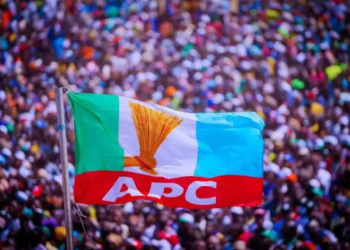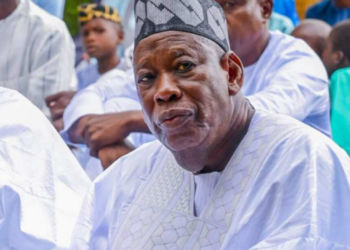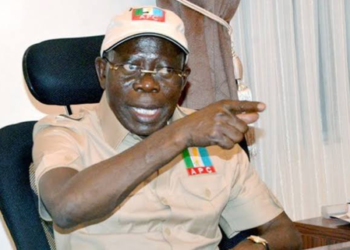It is no longer news that President Muhammadu has declined his assent on the new amendment electoral bill passed by National Assembly sometimes this year. Let not forget that the lawmakers in an attempt to end eternal grip of state governors in the electoral process in the 36 states of the federation, has foist direct primaries on the nomination processes of political parties, which has accordingly generated power tussle between the governors and National Assembly.
The attempt by the legislators should not come as a surprise to anyone that has been following Nigeria’s politics because the National Assembly, especially the Senate, has lately become a resting place for former governors who have turned political office as their career line after serving two terms as a governor. These former state executives understand the enormous weight of governors and, like the the Yoruba always say “abeni Lori ko n je ki won my ida koja lori e” which can be losely translated as a hangman who takes flight at the sight of a mere machete, they would do anything to fight the current occupant of the office because they how much of power they wield.
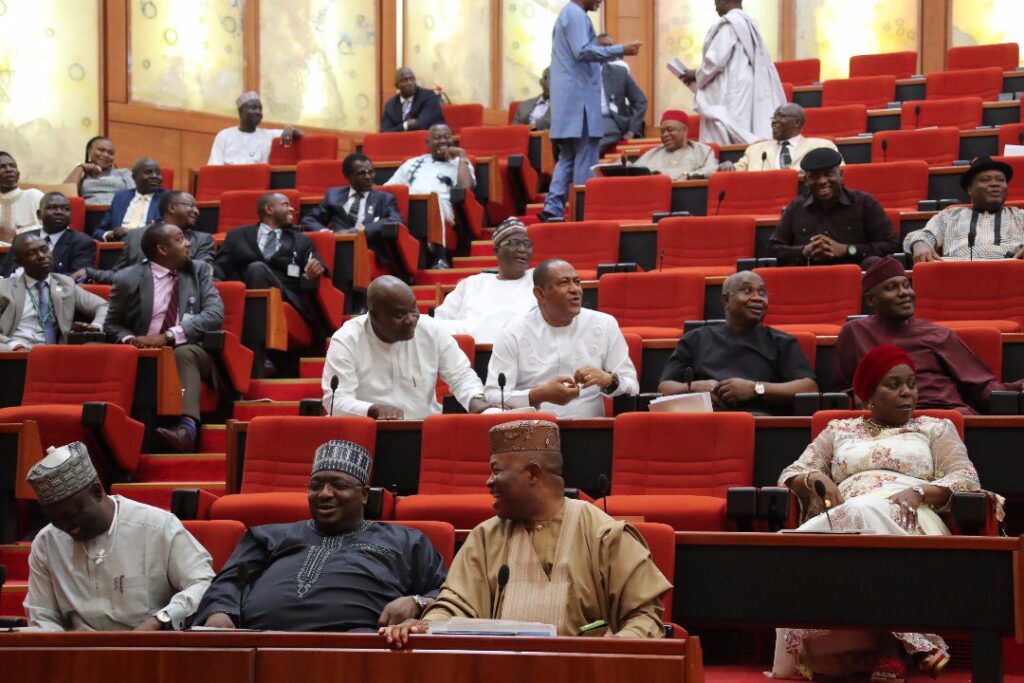
It is not a surprise that the decision on direct primaries in the national assembly defies party differences. There was no divergence in their decision that is relevant to their party differences in the position of these legislators, because they have a common enemy in the governor. Binded by ambition that is solid to whittle down the influence of governors.
By direct primaries, the legislators will have the capacity to reach the members of their constituencies to provide assurance of victory against the governor of the need be for their reelection. The grand alliance of the legislators across party lines shows that genuine rebuilding of the nation is possible if they are indeed sincere to develop our country.
The state governors desperately strive to kill the direct primary proposal during and after the bills was passed, with the sole aim of rendering members of the national assembly powerless to question their authority during party primaries in their respective states than any threat that can arises from direct primaries. In Nigeria, money politics is the other of the day and those governors have plenty at their disposal to fight any political battle within their domains, and you must be a formidable politician to outfox a governor when it comes to money politics.
Consequently, governors, by lobbying the Attorney General of the Federation, Abubakar Malami, and the President Muhammadu Buhari to reject this bill, only reaffirm their grip on the President and the internal politics of All Progressives Congress (APC). The tenet of democracy in Nigeria has so degenerated to the extent that the personal interests of politicians supersede that party and national interests. It begs for answer why APC with the majority strength can not agree on a position that strengthening our democratic process rather than view the bills as an opportunity to settle personal score. And that takes us to the suspicious conduct of Nigeria’s political gladiators.
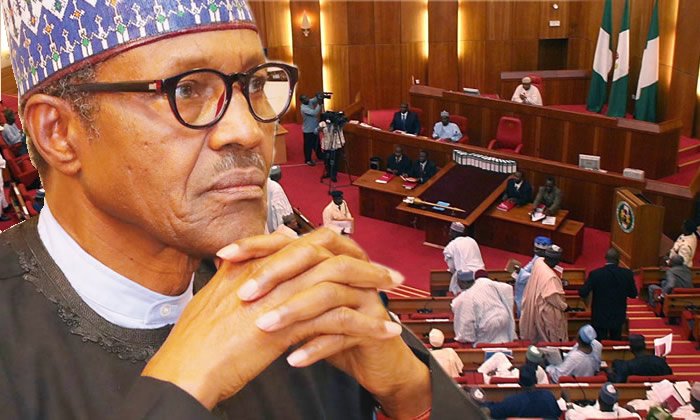
One would have expected President Buhari to be more cautious in handling the situation . There are over 150 provisions in the amendment, it happens that the President reason for rejection is the very sole point between two dominant groups in the party. He is at the end of the day, seen to have towed the lines of the governors. Regardless of how this matter is resolved, the APC has set itself up for crisis in the aftermath of the rejection by the president. It would have make a better sense if APC as a party has reached a consensus among themselves before work starts on the amendment. When that opportunity was missed, Buhari should have invited governors and legislators to a meetings where an agreement on the law would have been reached in order to avoid this current shameful act of division of their party.
Now to the question of what is next now that It is glaring now that President Buhari does not have any problem with the 2015 Electoral Act because he has rejected total of five electoral bills, four from the 8th National Assembly and has now rejected one from the 9th Assembly. If he really have any issues with it, by now a bill would have originated from the Presidency requesting for amendment. Can National Assembly override the Buhari decline assent to the bills as stated in our constitution which tally with the expectations of majority of the people? Though constitution gives the National Assembly to override the president, but political intrigues can not allow them to do such. The presidency has enough financial muscle to whip majority of the house members to the whims and caprices of the president.
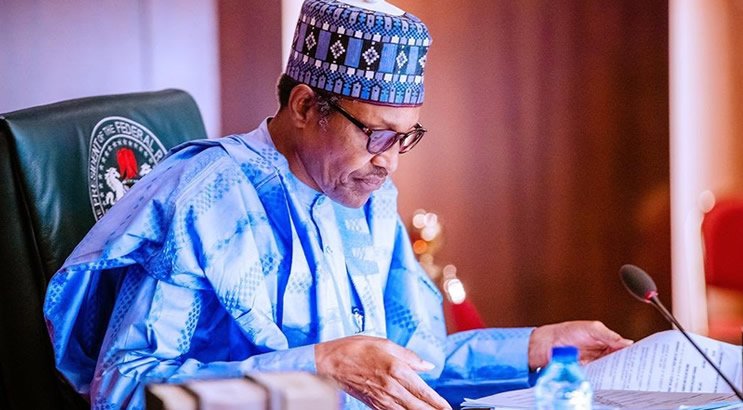
Furthermore, not in the inception of this republic has there been such action from the legislators, why? They’re always at the mercy of the presidency. I know people are quick to label this 9th Assembly as rubber stamped, but when Buhari declined to sign electoral bills of 8th Assembly, did that National Assembly override the President’s veto? The answer as you can see is no. The National Assembly members across party lines lack political will to override the president. If we want to have electoral laws of our dream, it is onus on us to first find a way to penetrate the National Assembly that can work on the agenda. People should go and contest, social media is not a place to vent our anger as nothing can change by ranting over there.


